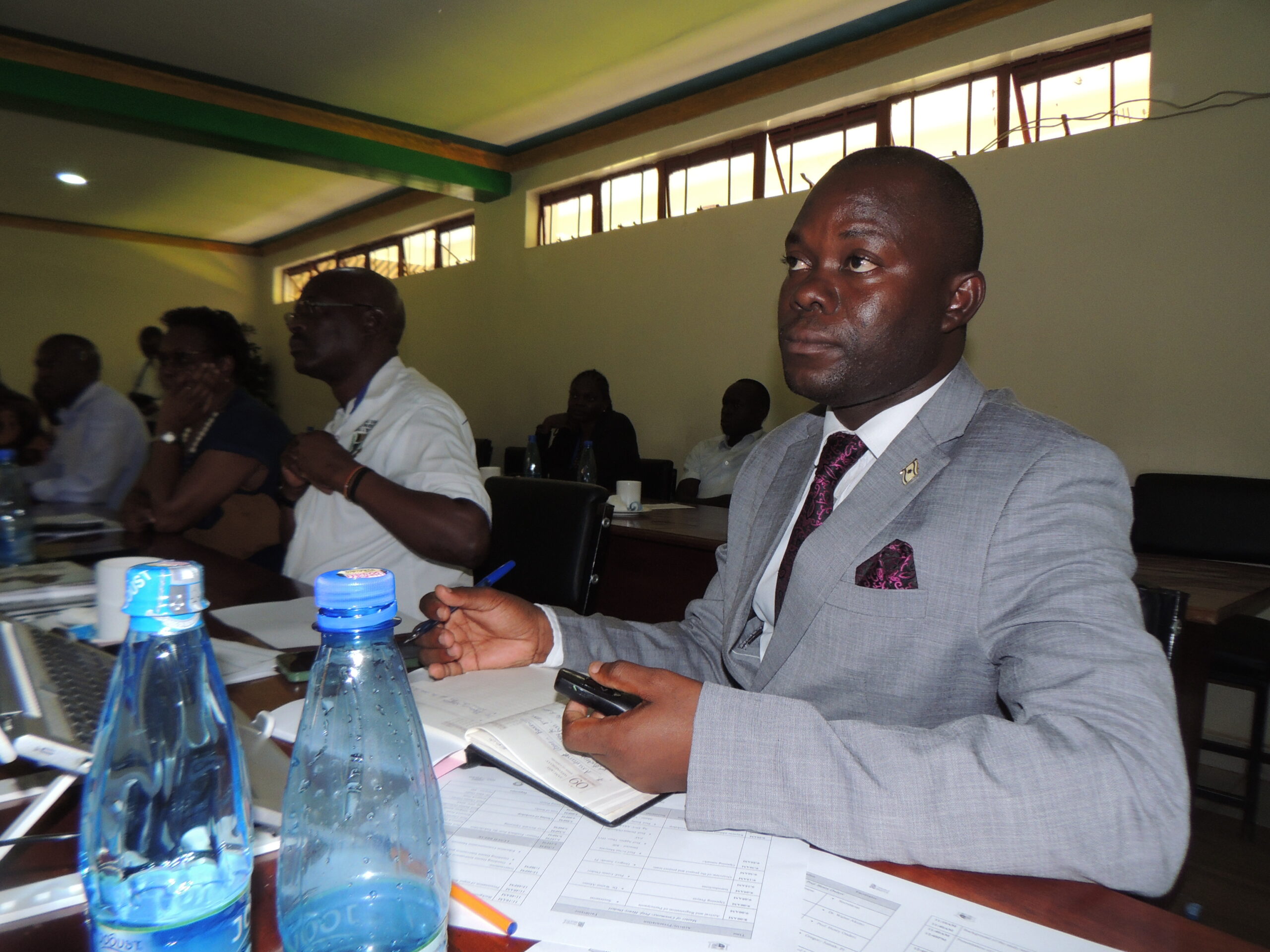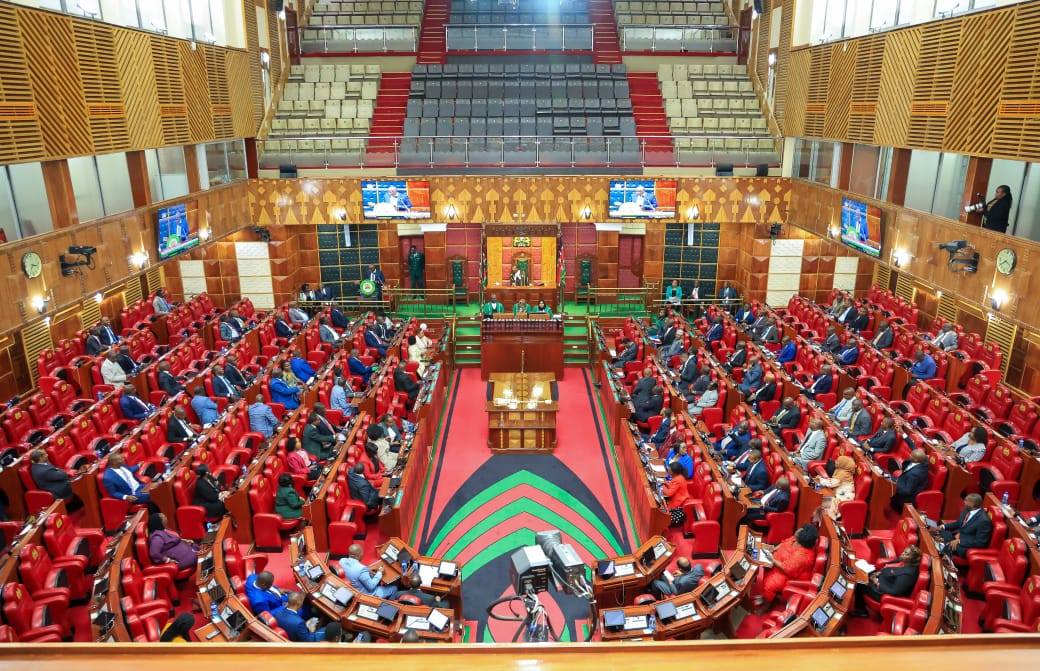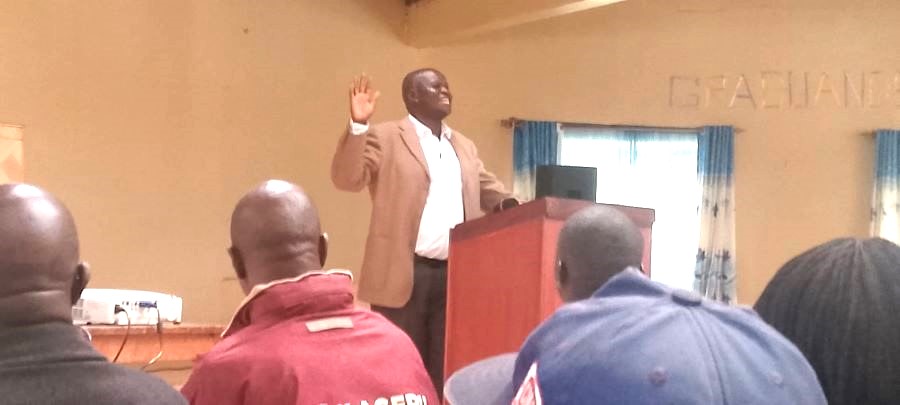A research finding by Jaramogi Oginga Odinga University of Science and Technology (JOOUST) has revealed of a sorry situation in Kenyan universities where gambling is slowly but surely killing the education of students.
According to the finding by a team of researchers from the schools of Education, Humanities and Social Sciences, most students engage in gambling and that the prevalence rate was between 70-75 per cent.
In JOOUST for instance, students and staff use over Ksh60 million annually on gambling activities according to the research finding.
The Gambling Effects among Vulnerable Groups in Public Universities (GEPU) research conducted at the university between February and July this year discovered that the students and staff spend over Ksh1.2 million on gambling activities such as online betting on football matches, aviator, wheel spinning, cards and playing pool each week.
The research findings reveal that over 70 per cent of both students and staff are engaged in gambling activities with 27.5 per cent of the students sampled being categorized to have fallen into high risk level of gambling while 41.6 per cent (students) and 4.8 per cent (staff) categorized as moderate risk by the Canadian Problem Gambling Severity index tool.
The study was sponsored by Bristol Hub for Gambling Harms Research based at the University of Bristol (UK) sampled a total of 385 students and 21 staff members through snowball and purpose sampling respectively and utilized focused group discussions to gather information from student leadership and student religious groups at the institution.
READ ALSO:
The Research Principal Investigator Gregory Jumah, a PhD student at JOOUST noted that gambling exists in various forms among staff and students in the Kenyan public universities with adverse effects among vulnerable groups including persons with disabilities, low cadre employees and students from disadvantaged backgrounds.
“Despite being discouraged due to its perceived harmful effects, gambling continues to thrive among the vulnerable groups as a source of income, recreation, speculative competition and relief of anxiety and despair. Consequently, it becomes addictive, creating harmful psycho-social effects with negative impacts on productivity. The project sought to identify the magnitude of gambling effects among the vulnerable groups at JOOUST and devise strategies for intervention,” Jumah stated.

He disclosed that gambling at the institution not only lead to rampant loss of money but also poor academic performance and reduction in work productivity among students and staff who engaged in gambling.
“We managed to record cases of strained relationships among students due to psychological problems where both students 57 per cent and staff 14 per cent who engaged in gambling had suicidal thoughts,” he stated.
By Erick Nyayiera
You can also follow our social media pages on Twitter: Education News KE and Facebook: Education News Newspaper for timely updates.
>>> Click here to stay up-to-date with trending regional stories
>>> Click here to read more informed opinions on the country’s education landscape






